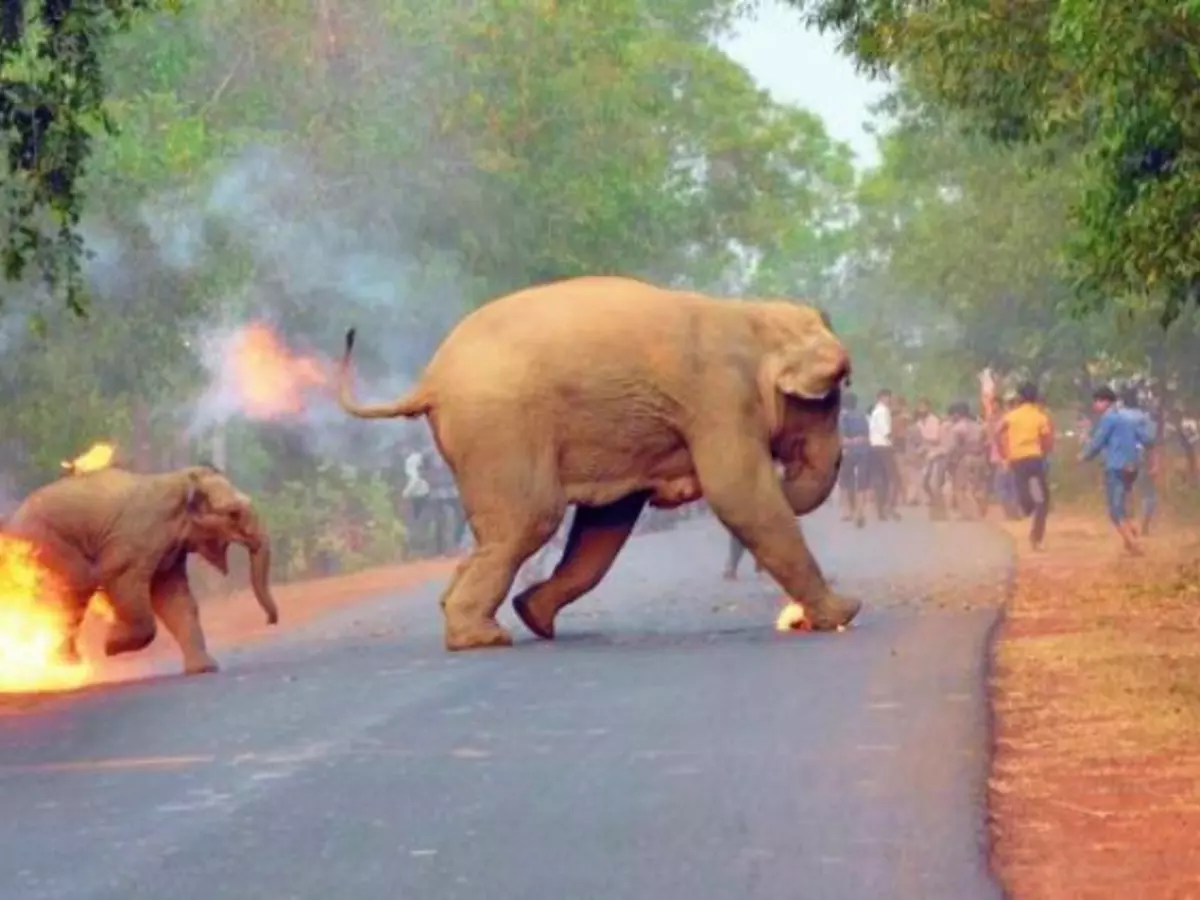To Reduce Human-Animal Conflict, Uttarakhand Plans Bio-Fences Using Lemongrass, Agave

Human-animal conflict is on the rise as commercialisation and urbanisation is expanding. Animals enter residential areas adjoining forests and this often results in loss of livestock and crops.
In order to check human-animal conflict, the Uttarakhand government has decided to carry out bio-fencing by growing various species of plants in those areas.
A report by The Indian Express says that officials are planning to grow lemongrass, agave, rambans, and certain species of chilly and some other plant species where wild animals enter residential areas and near forests.
Leopards, bears, elephants and wild boars are a major threat to human life and livestock.

So far, the state forest departments have been using traditional methods of keeping off animals from residential areas. Solar-powered wire fencings, walls and pits in the woods to prevent the entry of elephants, wild boars, tigers, leopards and others in residential areas have been used over the years.
¡°Bio-fencing with lemongrass will be done to prevent entry of elephants because elephants do not like the smell of lemongrass. Likewise, agave will be grown to deter elephant and wild boars. This biotic method is environment-friendly and harvesting of such plants can also be economical for farmers. Directives have been given to explore bio-fencing in the state,¡± Jai Raj, Principal Chief Conservator of Forests (PCCF), Uttarakhand told The Indian Express.

Centre for Wildlife Studies
Bio-fencing will prove to be a natural and economical method to keep human-animal conflict to the minimum.
Shrinking forests are among one of the major factors driving animals into residential areas.
According to the Environment Ministry, 1,608 human beings were killed between 2014 and 2017 due to this conflict ¡ª an average of more than one human being every day.
Sadly, there is no data on animal deaths due to human-animal conflict.
